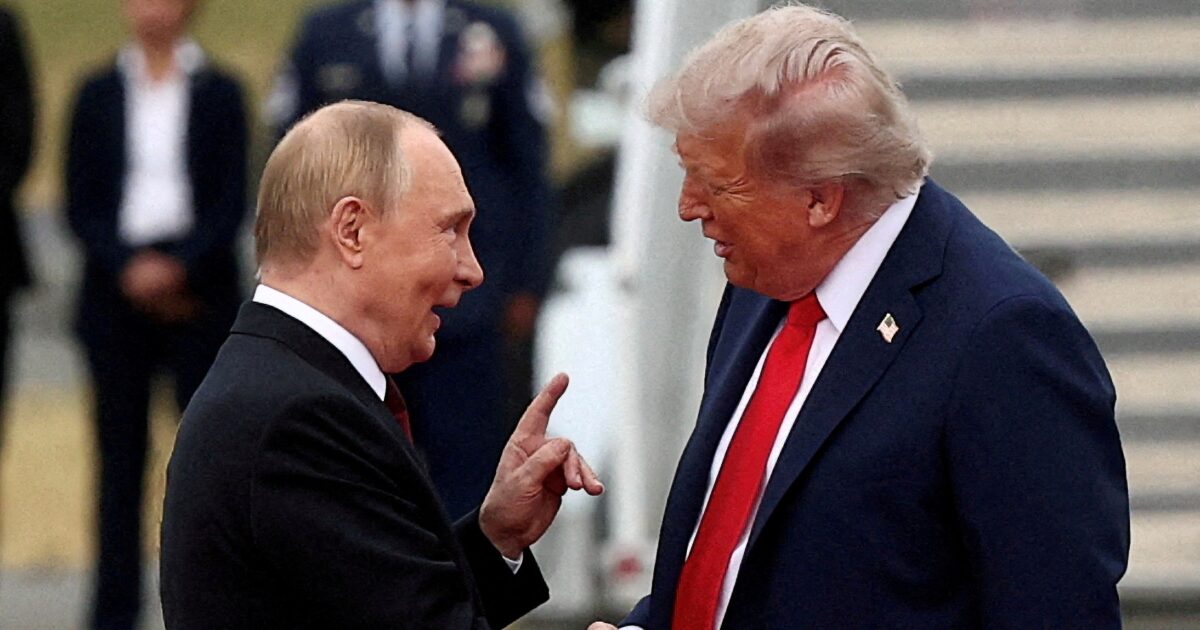For European capitals, this is a new shock. The moment they expected that the Donald Trump would finally revise his attitude towards Vladimir Putinthe continent’s leaders discover that the US-Russia plan, negotiated in secret, aims to restructure the war in Ukraine according to the Kremlin’s wishes.
A revelation that, according to the French newspaper, confirms the real intentions of Donald Trump and his tendency to bypass his allies in favor of Vladimir Putin and at the expense of Ukraine.
A document made to please Moscow
The plan, revealed on November 19 by Axios, largely adopts Russian demands. It predicts that Kiev will abandon all of Donbas, accept a freeze on the front lines in Kherson and Zaporizhia, cut its army in half and give up long-range weapons.
Washington would also recognize Crimea and Donbas as Russian territory, without demanding the same from Ukraine. For the Kremlin, the message is clear: “The Russian position is really being heard,” said Kirill Dmitriev, who co-authored the text with Steve Witkoff, a close Trump aide, with satisfaction.
A deal built in the dark, away from Europeans and Ukrainians
As Libération notes, what shocks European diplomats is the way the plan was drafted: outside traditional diplomatic channels and by an openly pro-Russian duo.
The Europeans had no warning. In Brussels, the foreign ministers raise the tone: “Peace cannot be capitulation”, reminds Paris. “The Ukrainians must participate,” Berlin insists. And Estonia reminds the fundamental: in this war “there is an aggressor and a victim”, and no Russian concessions have been discussed.
Agreement without Europe and for the benefit of Putin
For experts who spoke to Libération, the plan makes the picture clear: Trump is seeking a quick deal coordinated with Moscow, excluding Europeans and Ukrainians.
“He wants a deal that rewards Putin and punishes Ukraine,” says historian Phillips O’Brien, denouncing a logic where democracy and freedom are turned into bargaining chips. In Washington, however, the White House appears overly optimistic, talking of a deal by the end of the month.
A weakened Ukraine at its most difficult time
The timing is not random. Kiev is under constant military pressure, facing massive attacks on its energy infrastructure and facing a corruption scandal that has weakened the government.
Moscow and Washington are exploiting this weakness to impose a framework inspired by the Gaza precedent: drawing up a plan with one involved and pressuring the other to accept it. But the American levers in Ukraine are not what Washington has in the Middle East.
A plan doomed, but with serious strategic consequences
For former US ambassador to NATO Ivo Daalder, this is a stalemate: no European or Ukrainian government will accept a deal drawn up in their absence that favors Moscow.
And Libération concludes: this crisis reveals Europe’s persistent dependence on the US and brings back with intensity the question of strategic autonomy — necessary to defend both its own interests and those of Ukraine against unilateral American decisions.
